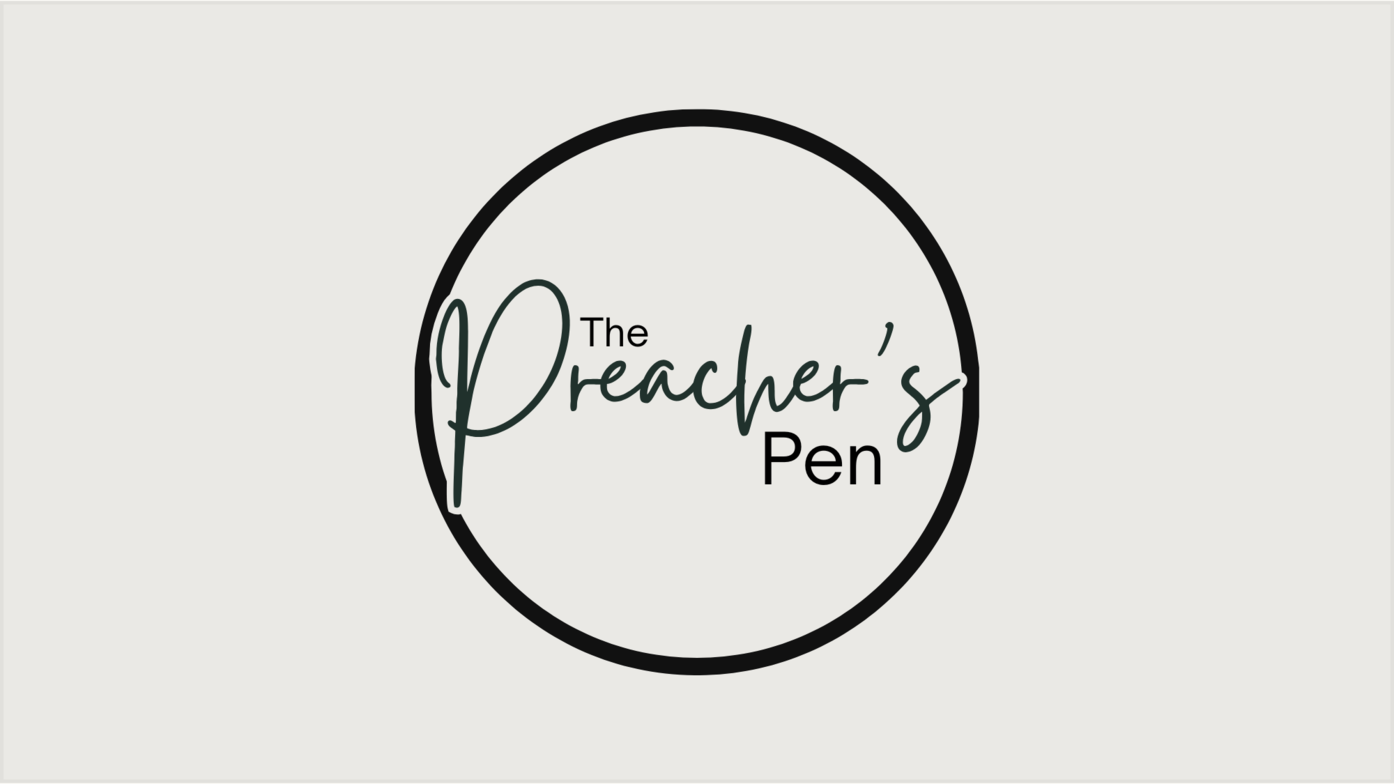CONFESSING OUR SIN


Confessing Our Sin
Psalm 38
As we read Psalm 38, it’s important to realize that this is, from start to finish, a penitent psalm—a prayer of repentance.
When we think of David’s sin and repentance, our minds usually go to Psalm 51, where we see his failure and his cry for forgiveness. Many believe Psalm 38 was written in the same time period, or at least as a continuation of that prayer.
Here David gets real with God. He does not excuse his actions. He does not shift the blame. He confesses his sin, acknowledges God’s discipline, and begs for mercy.
This reminds us of the importance of staying tenderhearted before God. We must keep a short list of failures and confess often. I’m thankful for the promise of 1 John 1:9: “If we confess our sins, He is faithful and just to forgive us our sins, and to cleanse us from all unrighteousness.”
Point 1: The Heaviness of Sin (vv. 1–8)
David describes the weight of sin pressing down on him. In verse 2 he says God’s hand was heavy upon him. In verse 3 he admits, “There is no rest in my bones because of my sin.” In verse 4 he calls his iniquities “a heavy burden too heavy for me to bear.”
Sin is always heavy. It destroys everything it touches.
-
It weighs down our relationships.
-
It weighs down our worship.
-
It weighs down our work.
-
It even weighs on our bodies.
Hebrews 12:1 tells us that we are in a race and must “lay aside every weight, and the sin which doth so easily beset us.”David shows us here the terrible weight of unconfessed sin.
Point 2: The Loneliness of Sin (vv. 9–14)
Sin not only weighs us down—it isolates us.
David says in these verses that his friends and companions have turned away. His actions and their consequences left him lonely and separated from those who once stood with him.
That is the nature of sin.
-
When Adam sinned, he hid from God.
-
When Peter denied the Lord, he ran out and wept bitterly.
-
Even children hide when they know they’ve disobeyed.
Sin drives us into isolation. David is overwhelmed—not only by the weight of his sin, but by the loneliness it brought.
Point 3: The Brokenness of Sin (vv. 15–18)
At last David gets honest with God. His spirit is contrite and his heart is broken.
-
In verse 15, he expresses hope in the Lord.
-
In verse 17, he acknowledges his failures.
-
In verse 18, he makes an open confession of his guilt.
This is where true restoration begins. A person can never be repaired or restored until they honestly repent.
The weight of sin does not get lighter. The loneliness of sin does not get easier. Sin only steals, kills, and destroys. The only remedy is repentance before God. David found that out—and so must we.
Point 4: The Earnestness Toward God (vv. 19–22)
The psalm ends as it began—with a prayer.
In verse 21 David cries, “Forsake me not, O Lord: O my God, be not far from me.” This echoes his prayer in Psalm 51:11, “Cast me not away from thy presence; and take not thy Holy Spirit from me.”
These are not casual words. They are the cry of a heart that wants to be right with God.
Too often we repent because we got caught, or because the consequences hurt. But true repentance is turning back to God because we have sinned against Him.
-
The prodigal son admitted, “I have sinned against heaven.”
-
David in Psalm 51 prayed, “Against Thee, Thee only, have I sinned.”
-
Ezra said, “O my God, I am ashamed and blush to lift up my face to thee.”
-
Even the thief on the cross admitted, “We receive the due reward of our deeds.”
David closes Psalm 38 with the same spirit: “Make haste to help me, O Lord my salvation.” (v. 22).
The most unselfish thing we can ever do is ask for God’s help—because when He restores us, He can once again use us for His glory.
Conclusion
Psalm 38 is a raw and honest picture of what sin does:
-
It weighs us down.
-
It isolates us.
-
It breaks us.
But it also shows us the pathway back: confession, repentance, and restoration.
David’s cry for mercy reminds us that no matter how heavy the sin, no matter how lonely the guilt, no matter how broken the heart—there is forgiveness, there is cleansing, and there is hope in the Lord.
“If we confess our sins, He is faithful and just to forgive…” (1 John 1:9).
